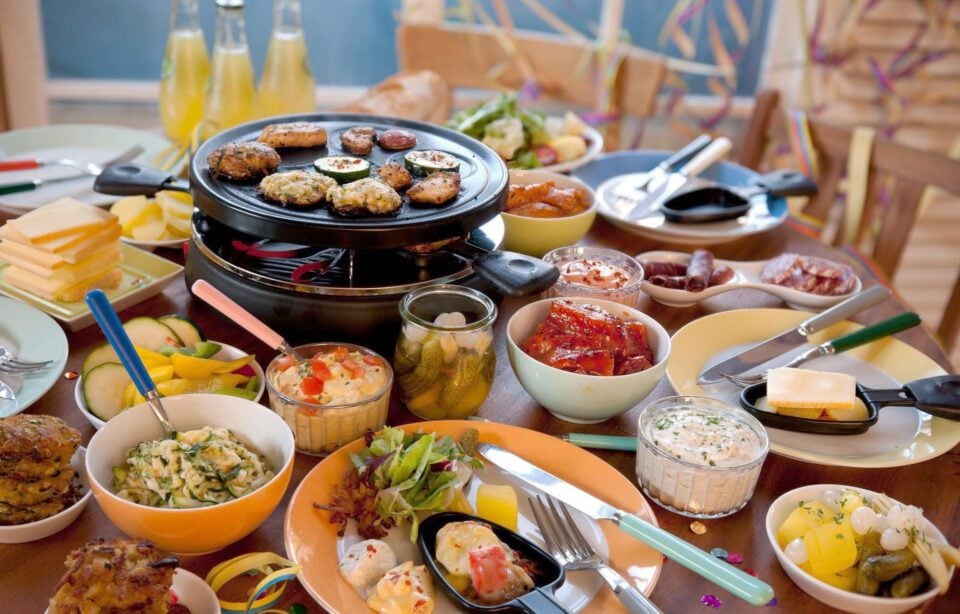Swiss cuisine was formed over many centuries under the influence of the culinary traditions of neighboring countries-Italy, Germany, France. As a result, the culinary preferences of the Swiss are multi-faceted and diverse, however, as is the culture and traditions of the country. Each region has its own unique culinary preferences. For example, in the Italian cantons located in the southern part of the country, pasta is expertly cooked. The French part of the state is famous for fondue and raclette. German peoples presented Swiss cuisine with numerous sausages and rashti. In the eastern regions, beef jerky and fish are perfectly prepared. And whether cats are eaten in Switzerland, you will find out at the end of the article.
The national cuisine of Switzerland is one of the most traditional and conservative, locals revere centuries — old traditions, many dishes are prepared according to old recipes that have not changed for centuries.
Traditional Swiss menu
Swiss cuisine can be safely called ordinary, as a rule, simple products are used. However, in some cases, there are quite original and bold combinations of ingredients.
It is important! Product certification and quality control are handled by a government organization.
Dishes that have been awarded the Swiss quality mark:
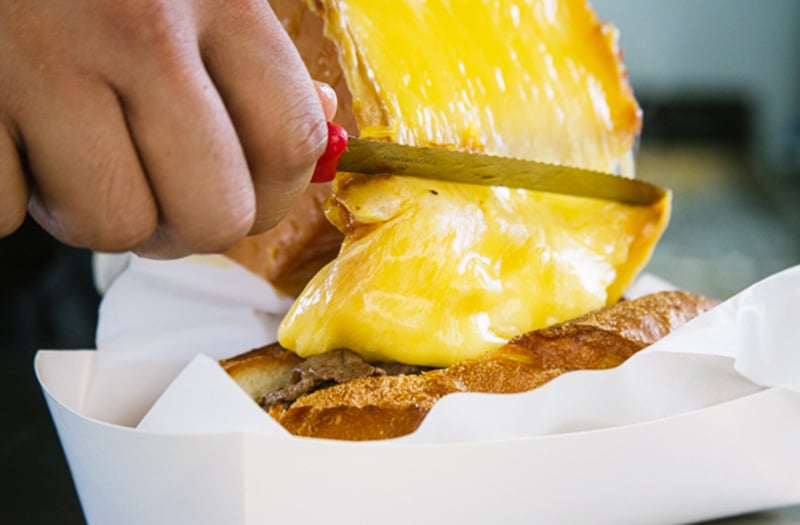
- cheese raclette;
- welsh rye bread;
- dried meat from Graubünden;
- bratwurst sausages.
The Swiss make sure that the national food is not only delicious, but also healthy, for this purpose, products are carefully selected for each dish.
Interesting fact! Traditional Swiss breakfast – pastries with cheese and a cup of coffee with milk, lunch is also as simple as possible, but the locals have a full and satisfying dinner.
Each region of the country is famous for certain treats.
Reshti
The national treat is traditional for Zurich, the German – speaking part of the country. The main component is potatoes. There are several ways to prepare a dish – with the addition of bacon, vegetables or Appenzel cheese.
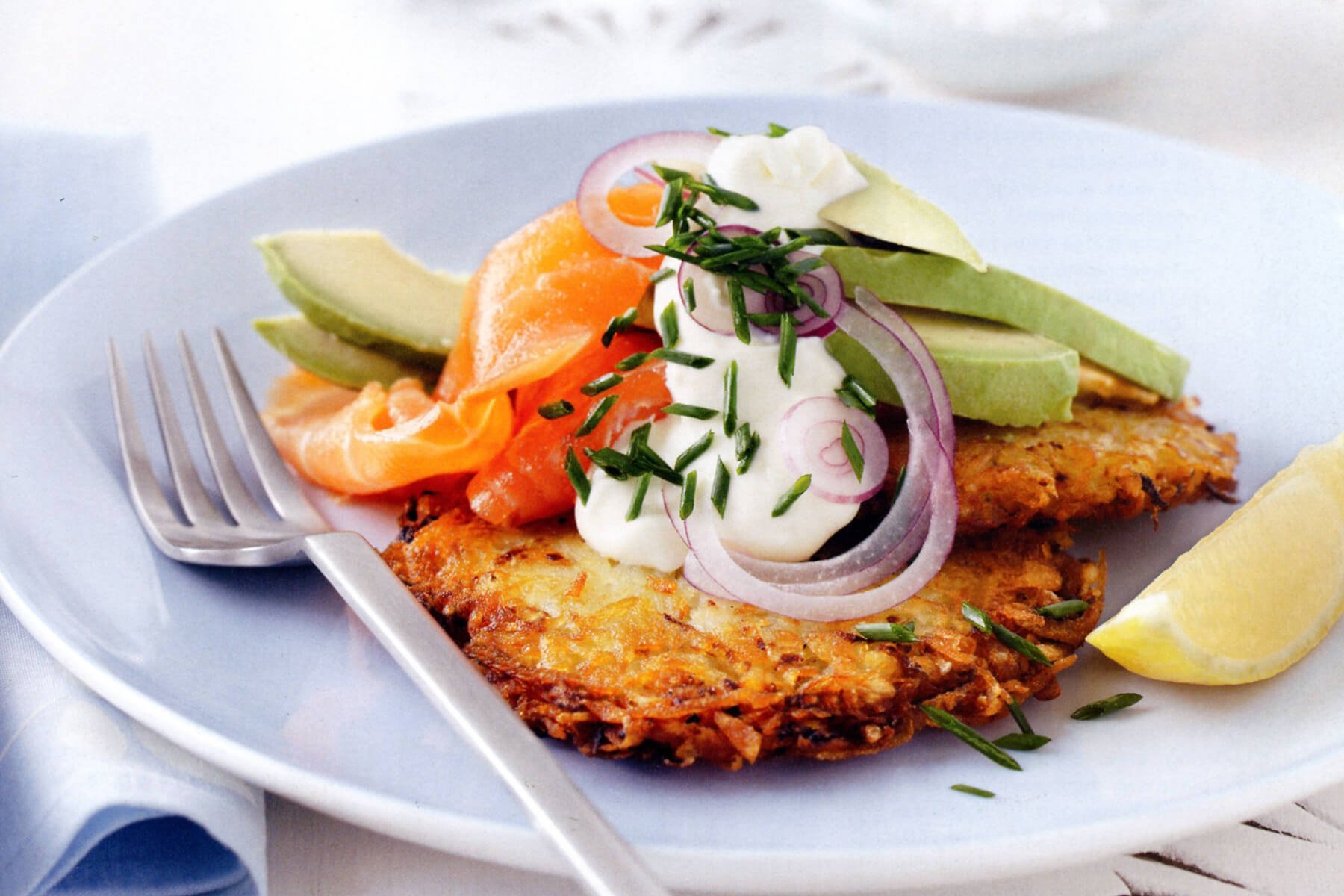
Tirggel Cookies
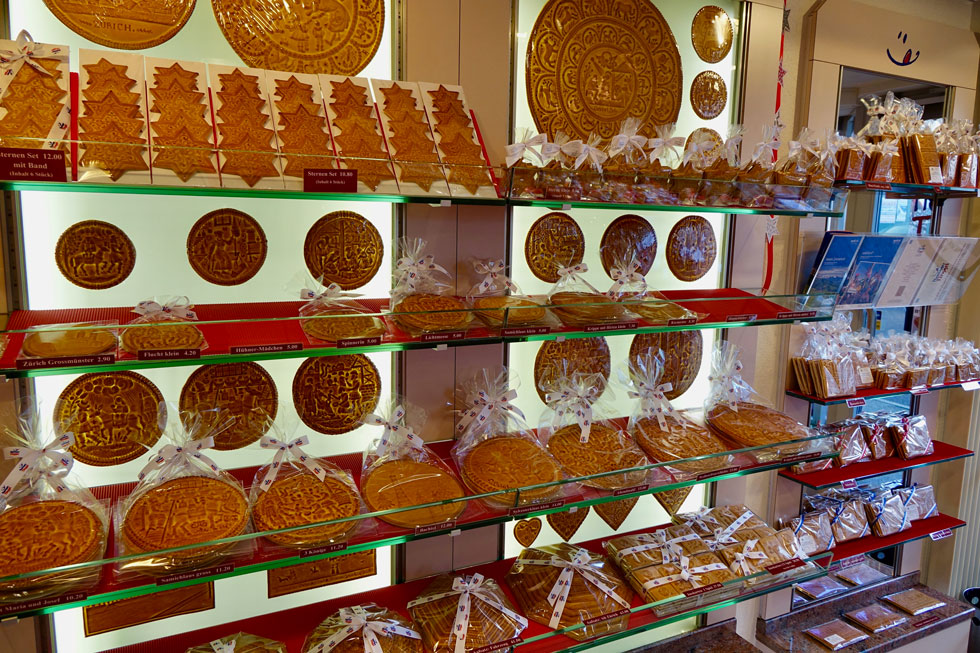
Traditional Christmas dessert. It is baked in the form of figurines. After baking, one side remains white, and the other side becomes golden. In addition to honey, the cookie recipe includes spices.
The recipe for the national dessert has spread throughout Europe, but the old, original method of cooking has been preserved in Zurich. According to legend, the wife poisoned her husband with the help of honey treats.
Interesting fact! The first mention of cookies dates back to the middle of the 15th century.
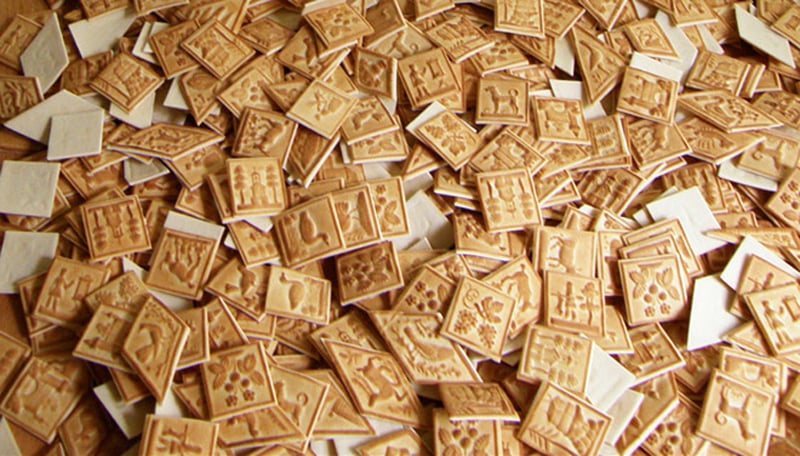
Dessert is traditionally baked for Christmas, so the figures symbolize the Biblical theme. The recipe for the treat is as simple as possible-flour, water, sugar and water, spices are added to taste. The dessert is baked at a temperature of +400 degrees, which gives the treat a typical brownish hue.
In addition to cookies and rashti, the cuisine of the Zurich region is famous for the dish of champignons with cream sauce and muesli, which was invented by the doctor Maximilian Oskar Bircher-Benner at the end of the last century.
Mehlsuppe Flour Soup
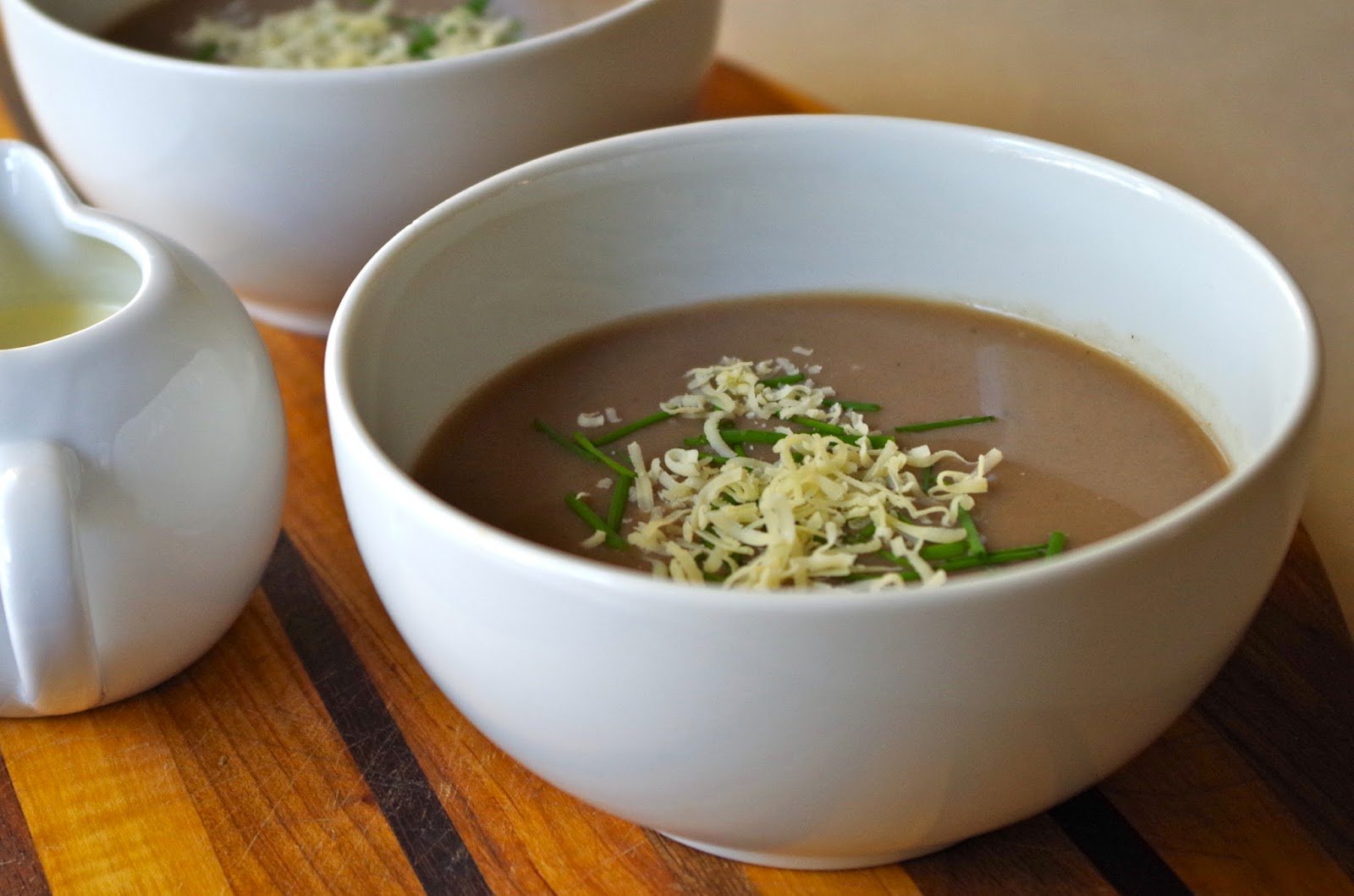
Wheat or rye flour is used as the main component, if the soup is prepared in the French-speaking part of the state, corn flour is added. Previously, the national dish was considered traditional for poor families. Today it is eaten on the days of fasting. In addition to flour, the recipe suggests adding milk, salt, favorite spices, bacon, various greens, meat broth.
Useful to know! To give the soup a more pronounced taste, the flour is fried.
Swiss honey cakes
Delicious dessert made from wheat flour, honey, candied fruits and almonds. Gingerbread was invented by merchants more than seven centuries ago. They were first served in the 14th century at a Church Council.
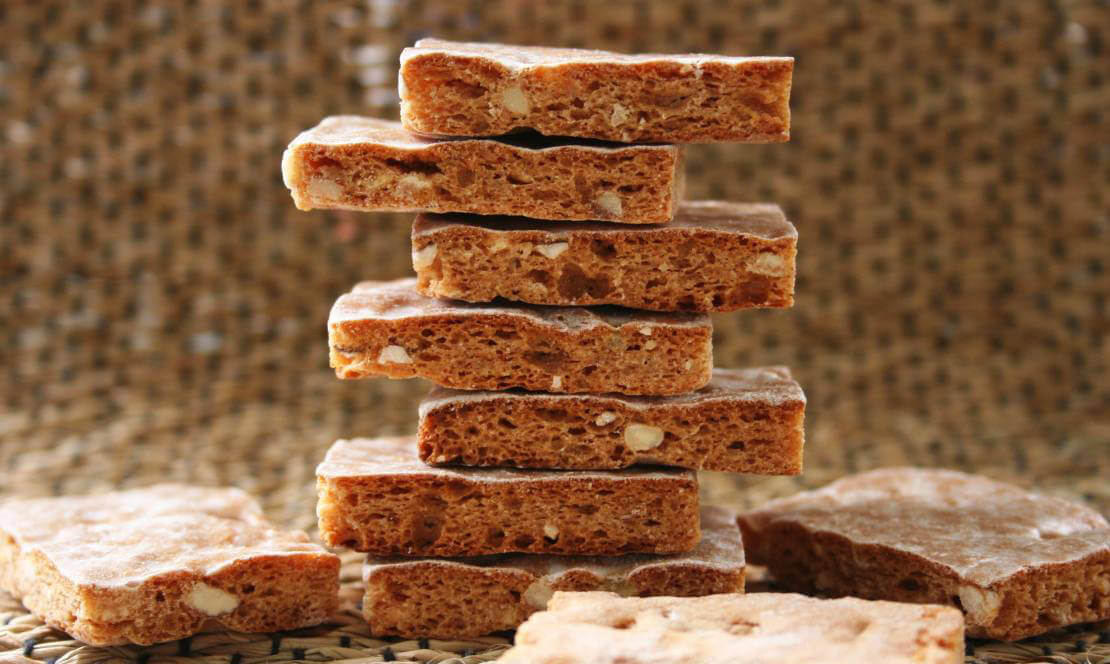
Useful to know! The official name-Basler Läckerli-appeared at the beginning of the 18th century.
Fasnachtskiechli-a kind of dessert, this is an ordinary firewood, which means – a knee patch. In different regions, Swiss cuisine is served under the appropriate name.:
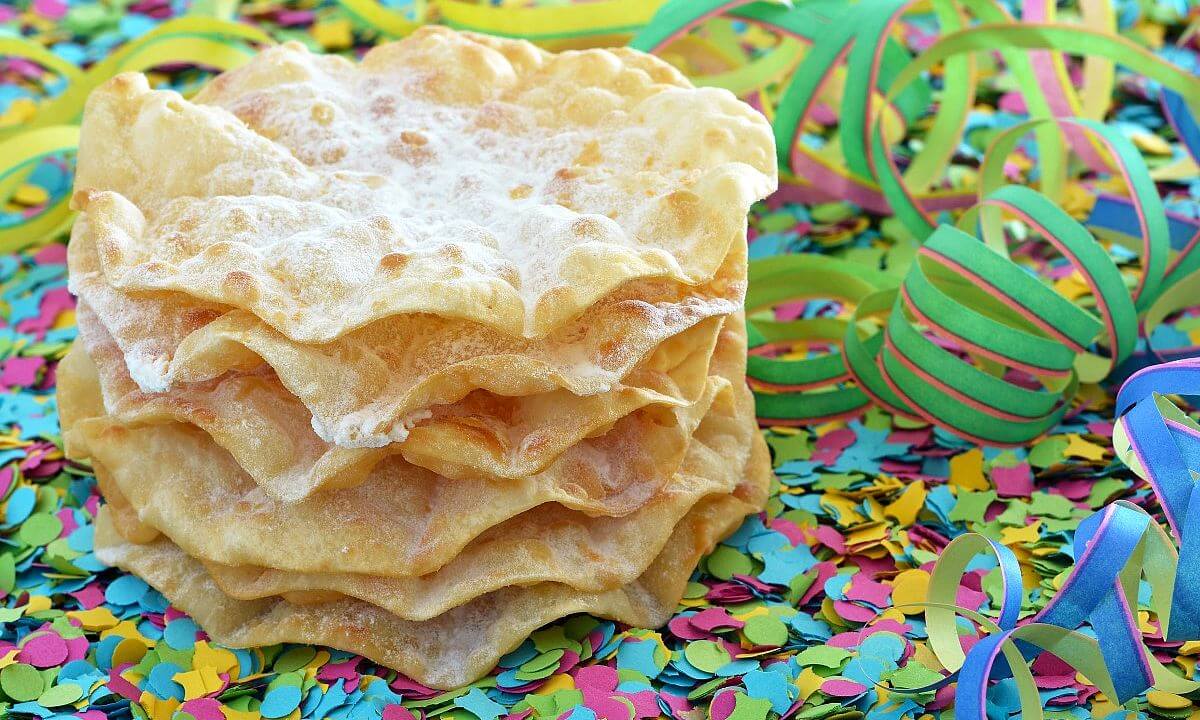
- In Bern it is called Chilbiblätz;
- in the French-speaking part of the country – Merveilles.
In Basel, firewood is prepared on carnival days, and in other regions, a treat is baked when it is necessary to consecrate a church.
When traveling in Northwestern Switzerland, try onion pie with cheese.
Fondue
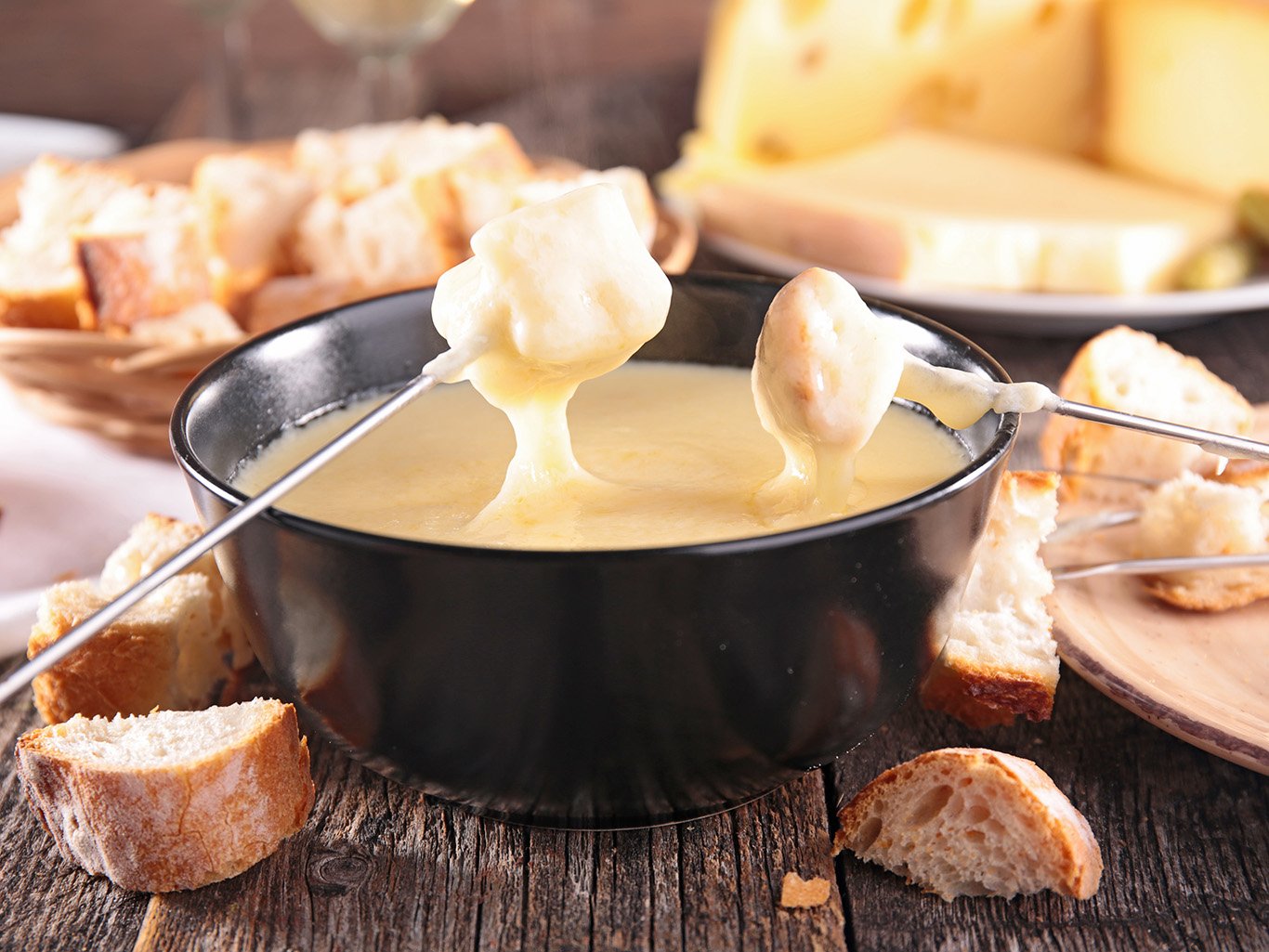
The basis of the national Swiss treat is cheese, most often used varieties Gruer and Vacheron. The recipe also includes white wine and your favorite combination of spices. One serving of the dish is designed for 2-4 people. Eat it with bread, dipping a piece in the cheese mixture.
In each region, fondue is made from a specific combination of cheeses. Swiss cuisine also includes fondue varieties:
- tomato-where tomatoes are used instead of wine;
- hot – with chili pepper;
- mushroom-with champignons.
Useful to know! Dessert option-chocolate fondue-melt the chocolate, add cognac, cream and spices. Fresh fruit is dipped in the sweet mixture.
Raclette
In Swiss cuisine, there are two types of dishes – classic and restaurant.
In accordance with the traditional recipe, a piece of cheese is melted, then the cheese mixture is mixed with vegetables directly in a plate.
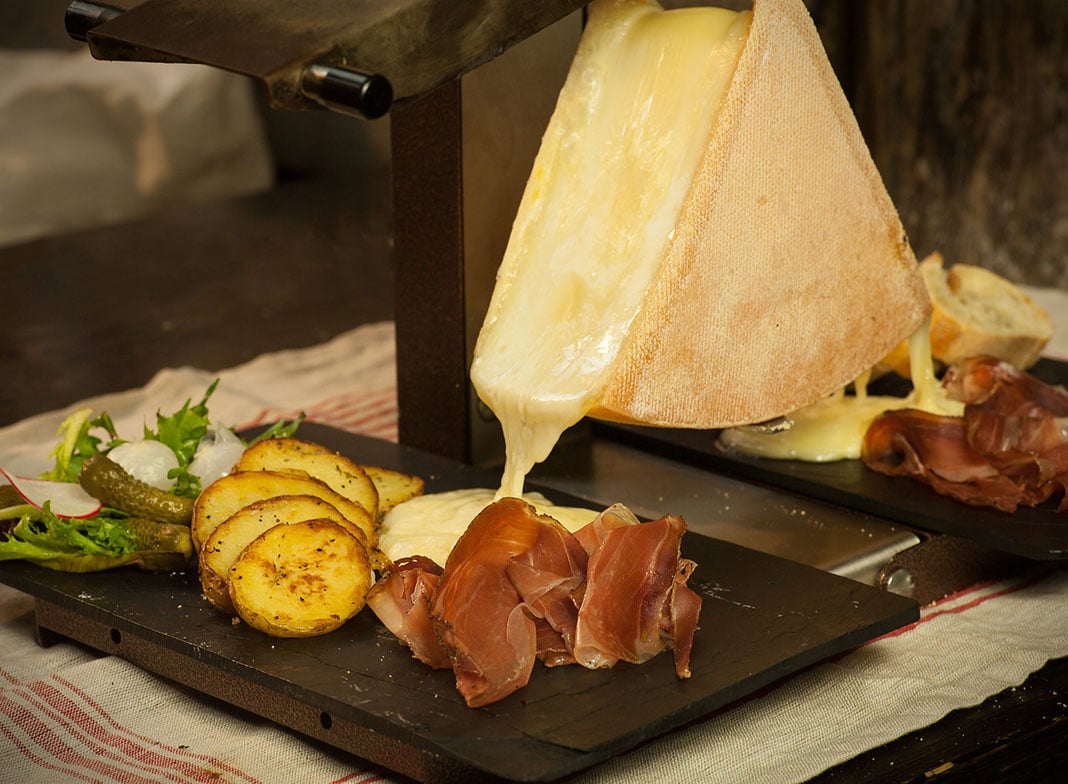
The restaurant serves bagged potatoes and a plate of vegetables. They also bring a device consisting of a roaster where pieces of meat are prepared, and a tray where cheese is put and melted. Then the guest mixes vegetables, meat slices and melted cheese on their own.
Useful to know! Fondue and raclette are prepared in every city, but the Swiss homeland of the first treat is considered to be the canton of Vaud, and the second – Wallis. You can also enjoy a delicious national pie made from potatoes, cheese and apples in Wallis. Fish is best eaten in regions where there are lakes-Geneva, Zurich, Biel.
Pape Vaudois
In translation, the name of the dish means a thick soup from the Vaud region. It is prepared from a mixture of potatoes and leeks, which are stewed in cream. However, the main ingredient is a special kind of sausage made from minced pork with cabbage in a natural shell.
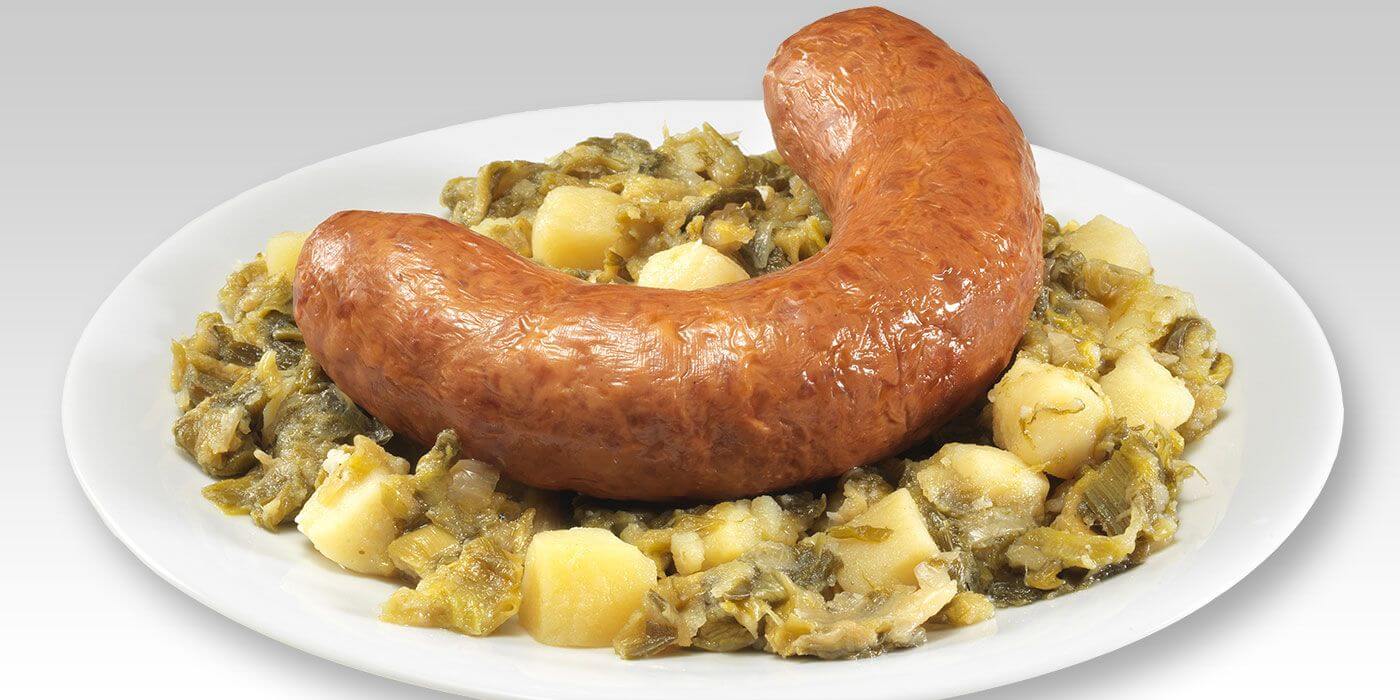
Interesting fact! Sausage is a property of the Canton of Vaud, each product is accompanied by a certificate with a unique number and seal. In early October, the region hosts a Day dedicated to Pape Vaudois.
Alplermagronen
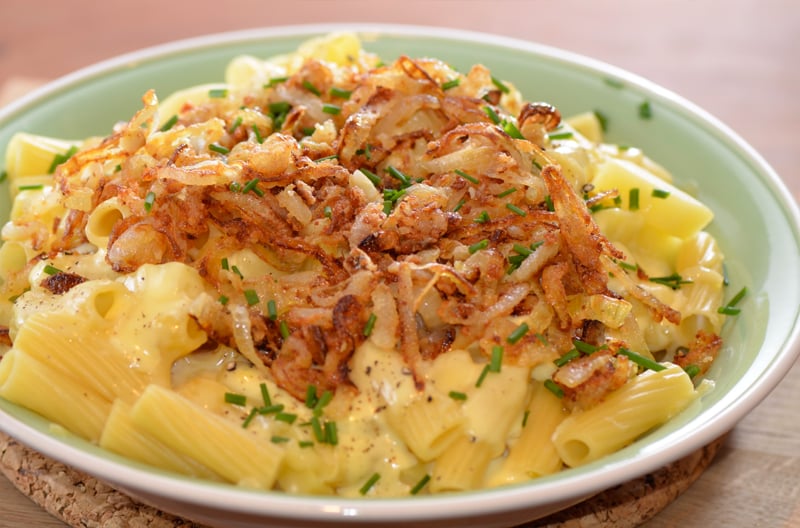
Translated, the name means – pasta of Alpine shepherds. It is believed that it was made from everything that was at hand-pasta, potatoes, bacon and, of course, melted cheese. Serve it with apple sauce.
The recipe for alplermagronen varies depending on your geographical location – in the canton of Uri, potatoes are not used, and in some other regions bacon is not added.
Cherry Cake
In the canton of Zug, the best cherry cake is prepared, and kirsch is used in the original recipe. A special feature of the national pie-cherries, it is believed that the most delicious berries are grown in the canton of Zug. The famous cherry trees were known as early as 1627.
Interesting fact! Berries are used for making vodka, as well as a variety of desserts.
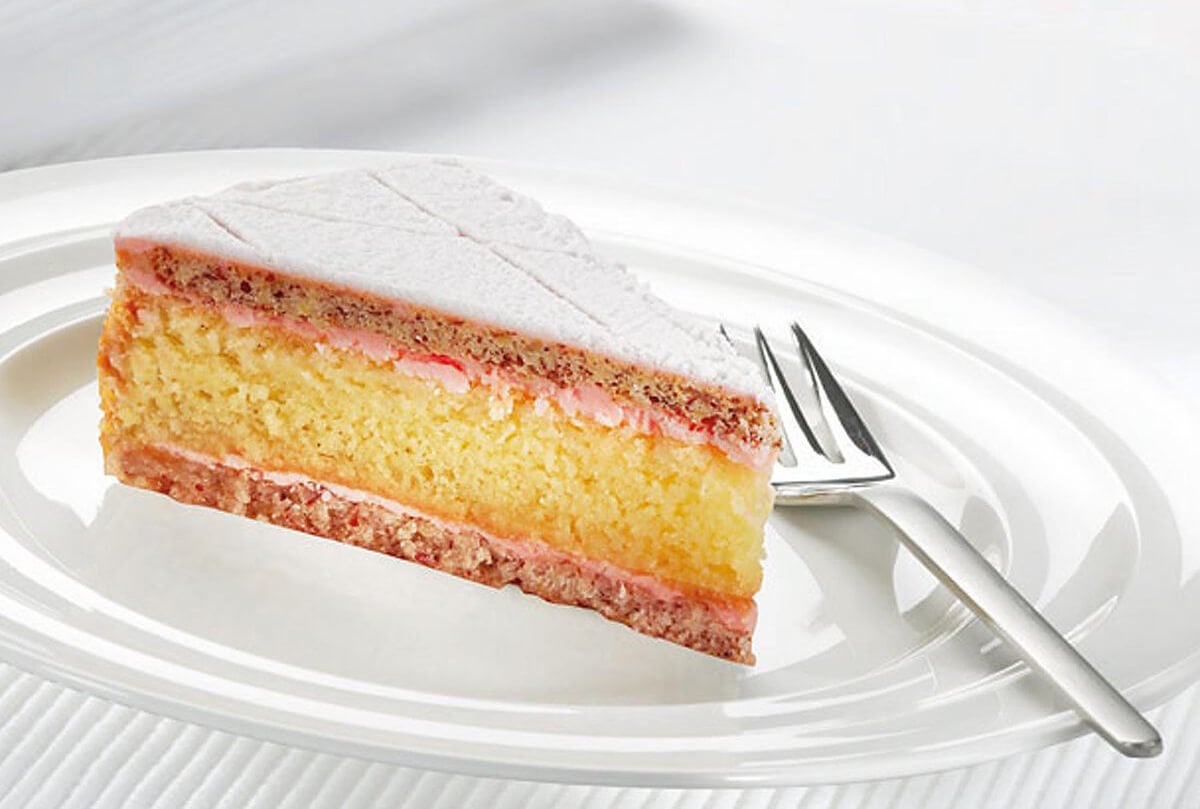
Traditional cherry cake is a sponge cake, nutty meringue, which is smeared with buttercream with the addition of cherry syrup.
The author of the recipe is a local pastry chef Heinrich Hen. Charlie Chaplin and Audrey Hepburn enjoyed dessert.
Also traditional for the cuisine of the Central part of Switzerland is a meat pie with a creamy filling. It is served in a bowl for first courses.
Polenta
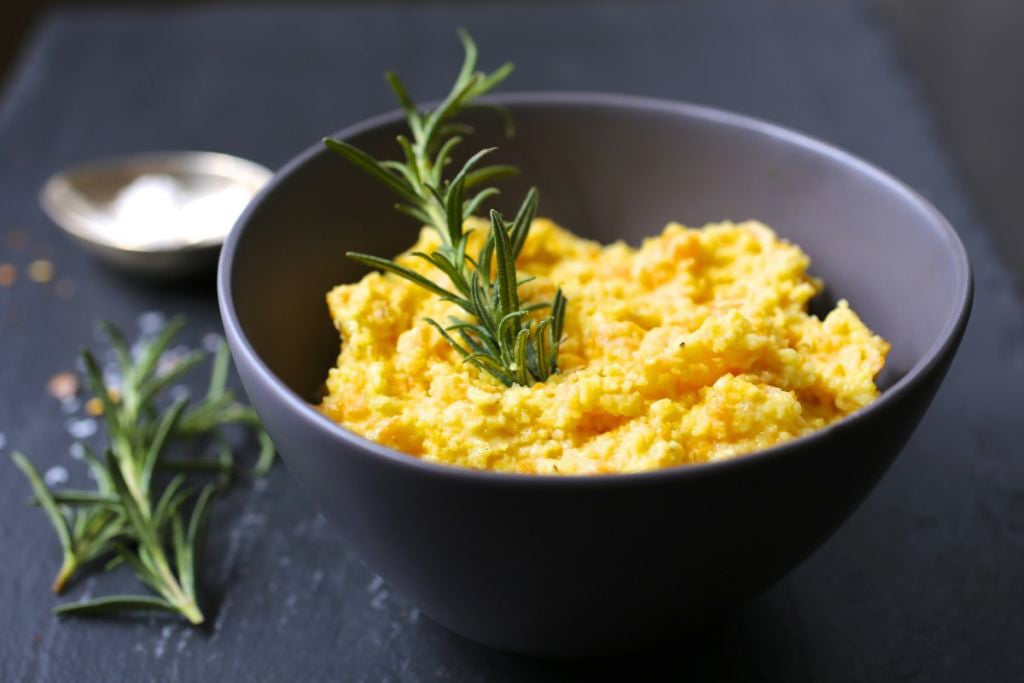
This is a porridge that is cooked from crushed corn groats with the addition of cheese. Served as a main course or side dish. For centuries, polenta was eaten only by poor families. Corn was first grown in Switzerland (canton of Ticino) in the 17th century. However, only two centuries later, the national dish began to be cooked exclusively from corn flour, initially porridge was prepared from a mixture of different types of flour.
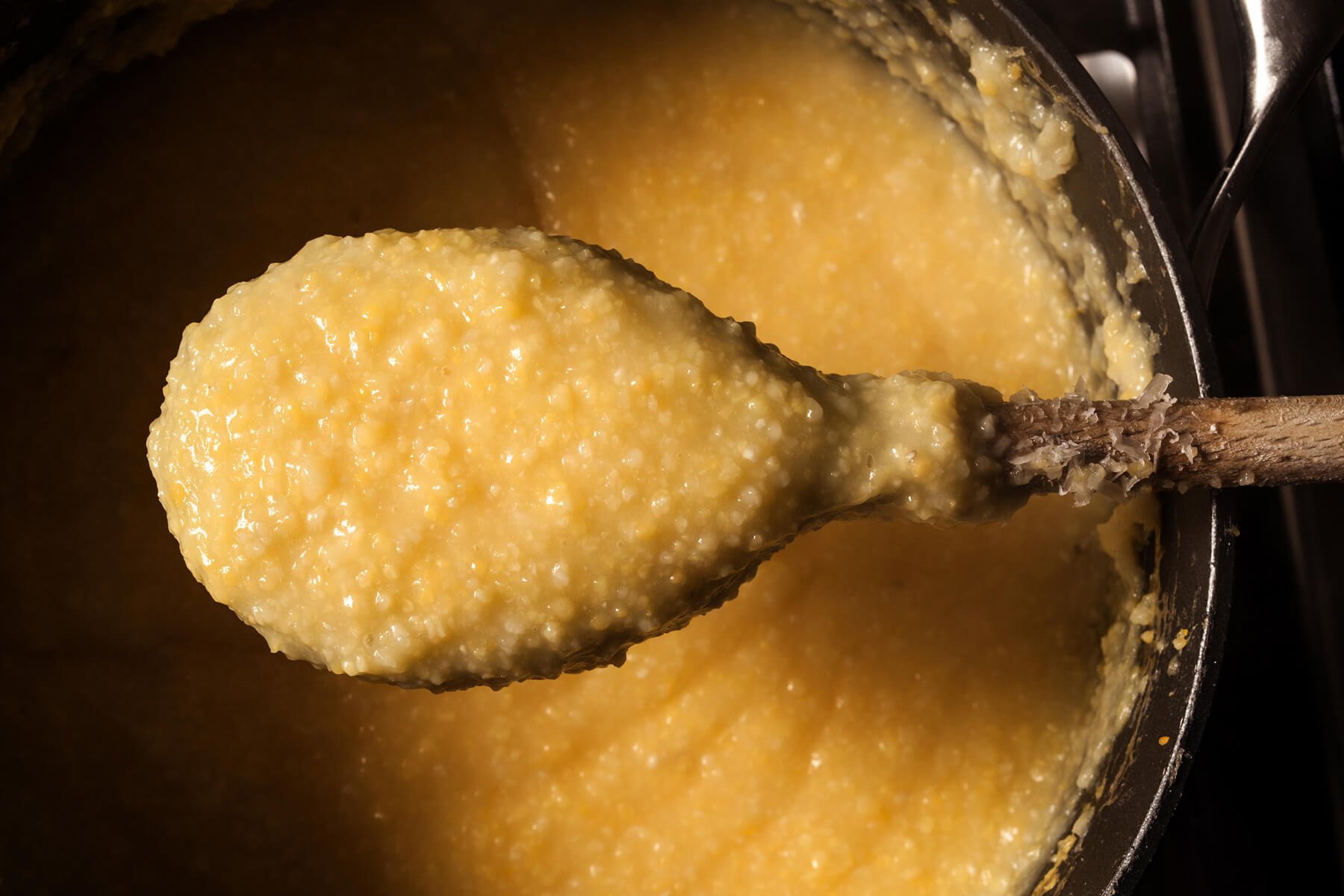
In accordance with the traditional recipe, corn flour is mixed with water, stirred with a wooden spoon and cooked for 30-40 minutes until thickened. After that, the mixture is laid out in a tray, cooled and cut into portions. Polenta is served with mushrooms, anchovies or pieces of meat.
Interesting fact! In Switzerland, polenta is sold as a semi-finished product, it can be boiled, fried or baked, served sweet or salty.
The canton of Ticino is also popular for roasted chestnuts, which are sold on the city streets, and sweet vermicelli is made from chestnut puree.
Lehman — what to see and do on the Swiss lake
Dried meat
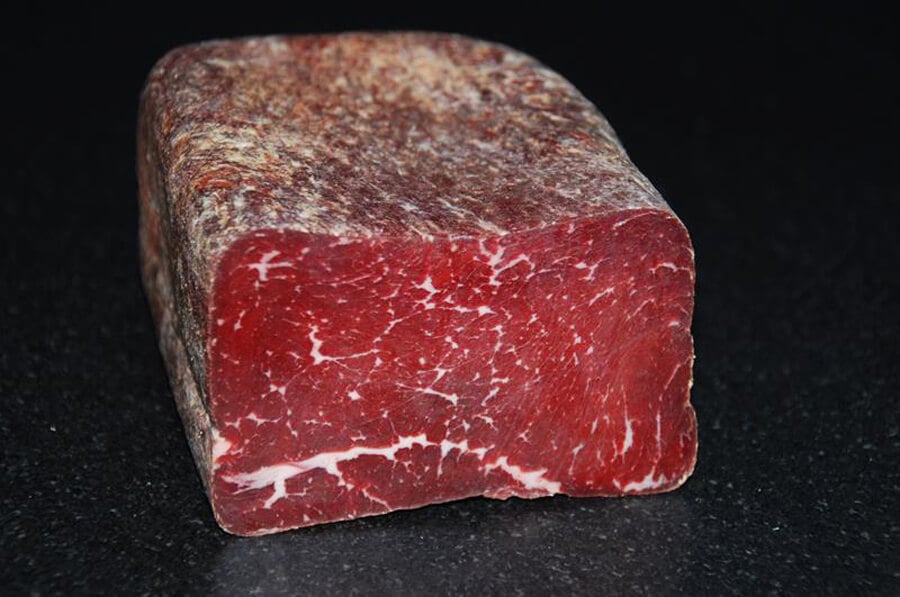
In the canton of Graubünden, a restaurant requires knowledge of the local cuisine. Local dishes have such intricate names that it is quite difficult to understand without help. However, all the treats are simple and delicious. Perhaps the most popular is Bundnerfleisch-dried meat. The national treat is prepared from different types of meat, the traditional recipe – from beef, a more expensive version – from game, venison is in special demand.
Meat for several months is felled under the scorching sun on the street, previously it is rubbed with spices, salt and herbs. Before serving, the treat is cut into thin slices, which are most delicious to try with red wine.
Interesting fact! The unique features of Swiss cuisine are fully manifested in the cuisine of Graubünden. For several centuries, the canton has lost contact with civilization during the winter, so the locals know a lot about food preparation, and each recipe is a real culinary art bordering on magic.
Cheeses
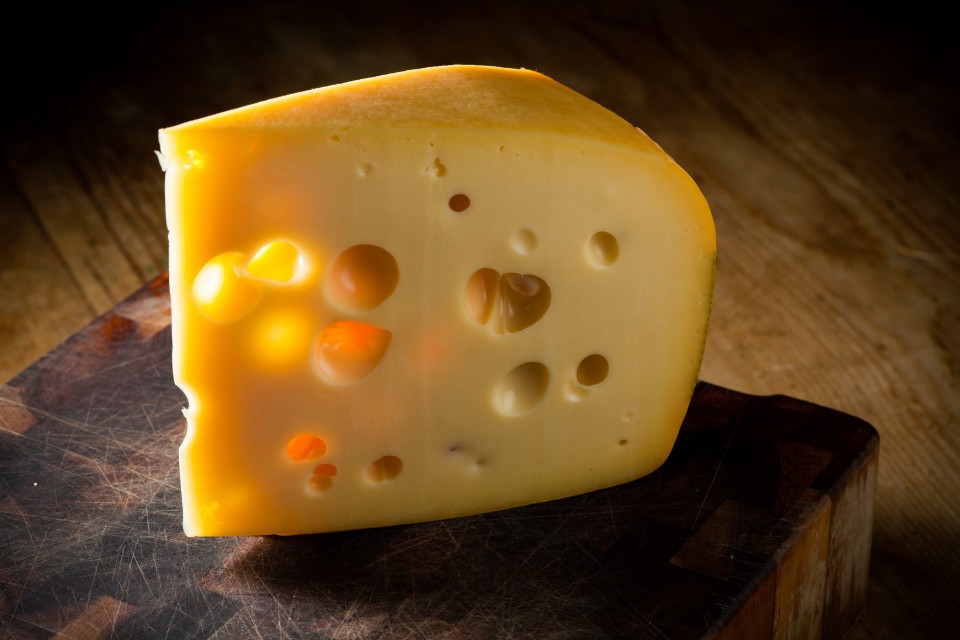
Many people associate Switzerland with cheeses, there are hundreds of varieties of this treat that has become national in the country. Each region has unique cheeses prepared according to unique recipes. The most” Swiss ” is Emmental, it has a slightly sweet taste, seasoned with a mixture of spices. Gruyere-another famous cheese, it has no holes, and the taste has a piquant nutty notes. The oldest cheese is Appenzellern. The recipe for this treat is more than seven hundred years old. The secret lies in a special mixture of herbs and white wine, which is soaked in cheese.
On a note! We will tell you about the town of Gruyere in Switzerland on this page.
Drinks in Switzerland
Rivella
The most popular soft drink in Switzerland. This is a regular soda, the main component of which is whey.
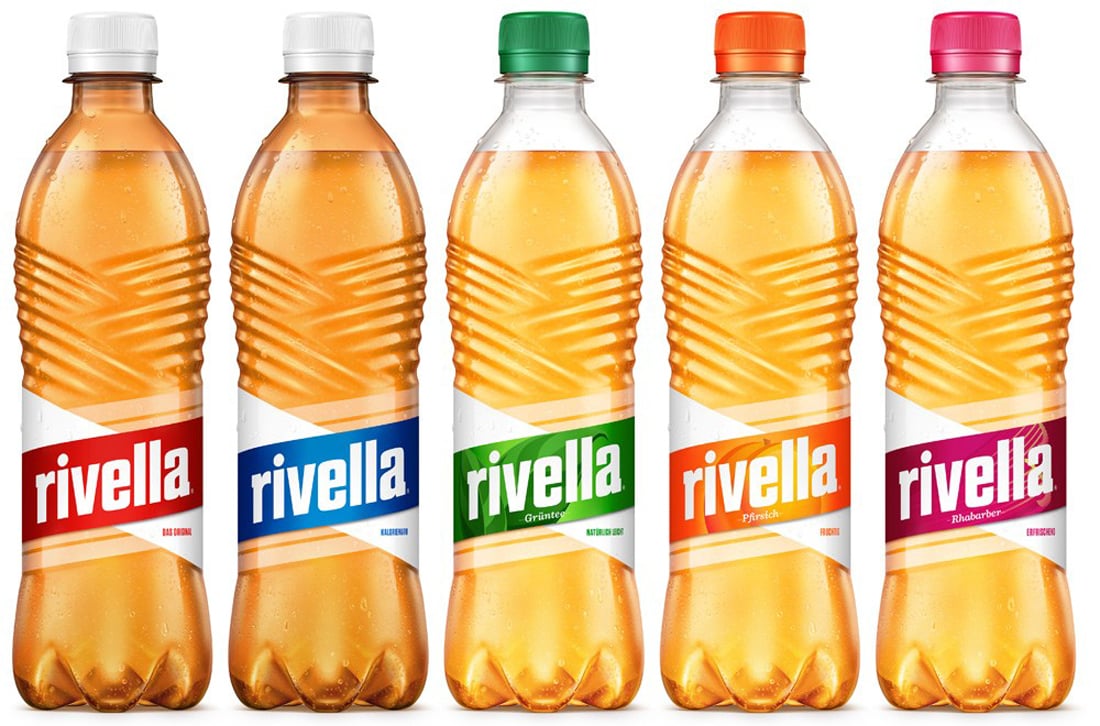
Interesting fact! Apple juice and a chocolate-based drink are also common in the country.
Kirschwasser
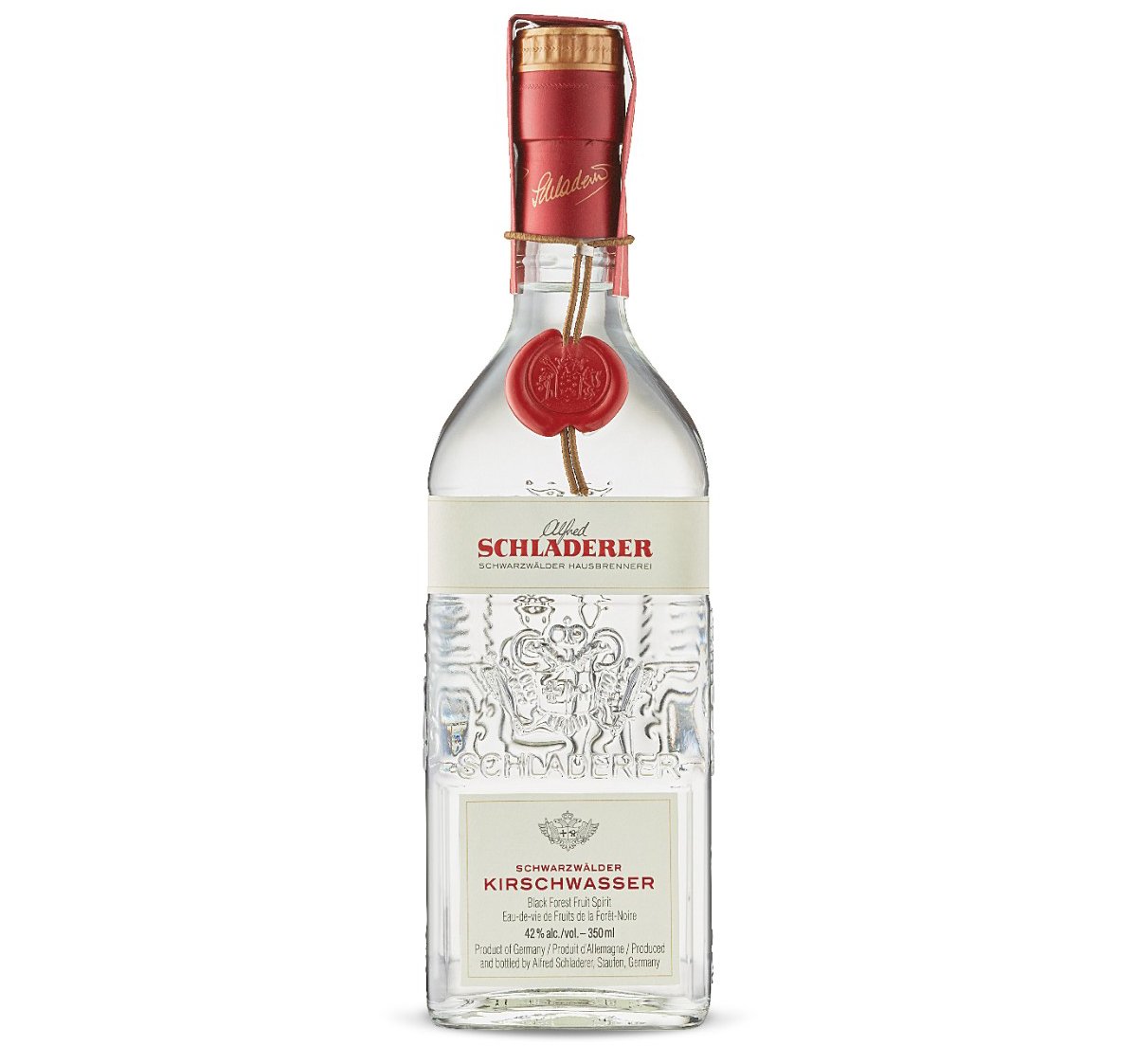
Too strong drinks are not in demand in the country, local residents prefer beer and wine more.
If you want to try Swiss spirits, pay attention to the traditional national drink – cherry vodka. It tastes more like brandy. Also, experienced tourists recommend trying plum and pear brandy.
In any case, there are much more original and delicious dishes in Switzerland that are worthy of tourists ‘ attention. Swiss cuisine is original and colorful, combining the best traditions of Italy, France and Germany. It is this fact that gives the national cuisine a multi-faceted and multi-ethnic character.

